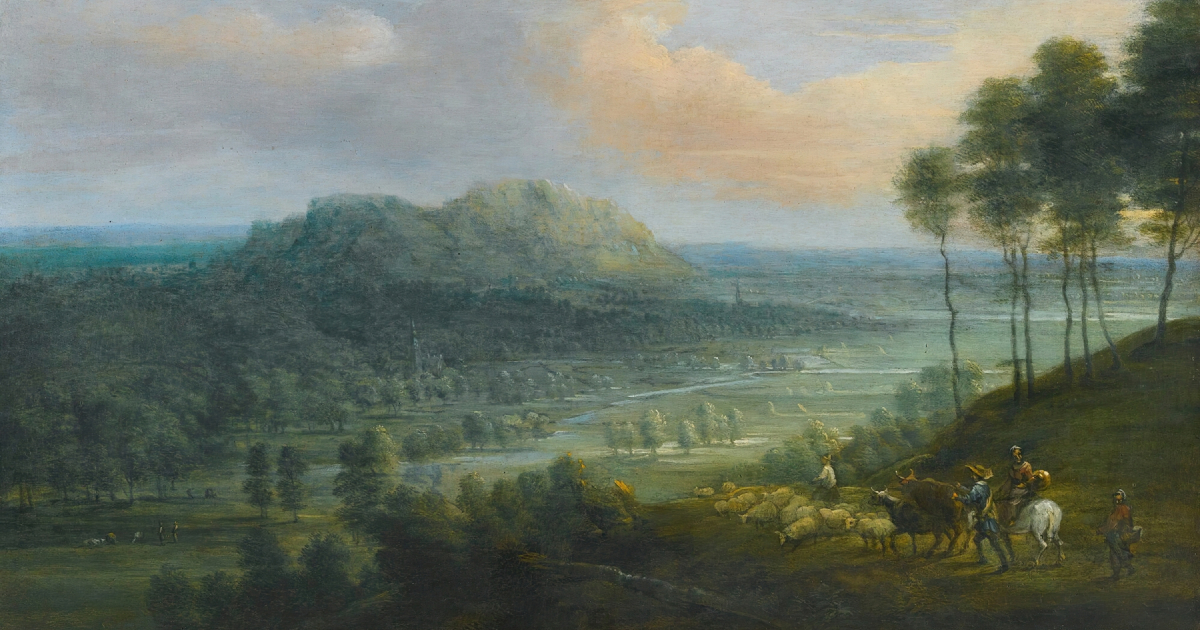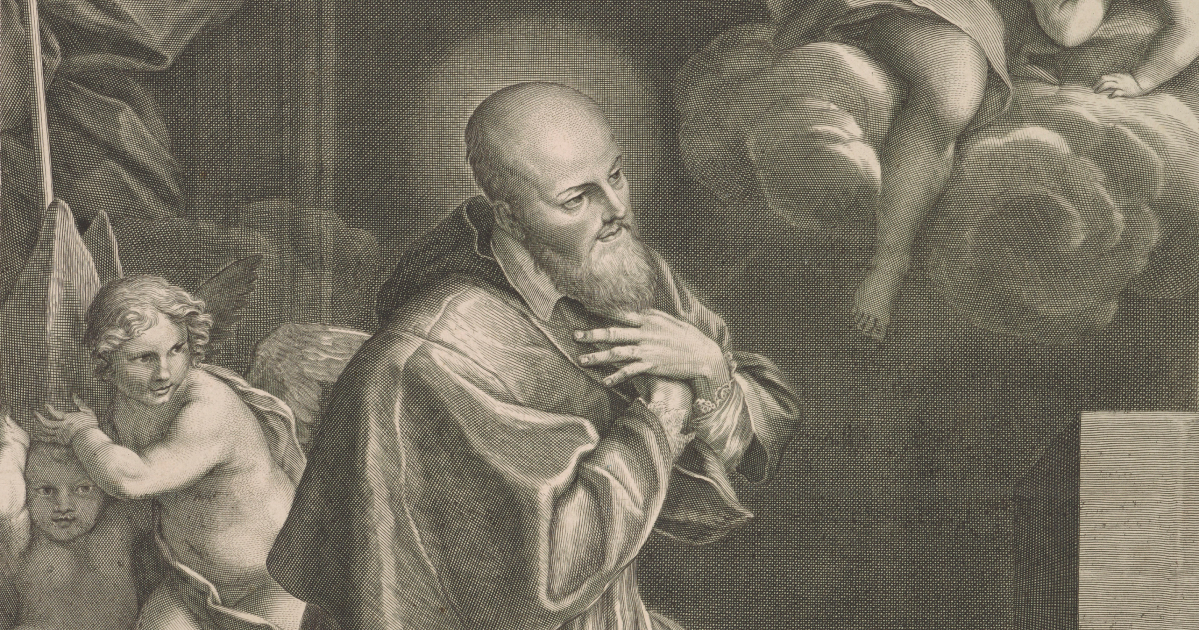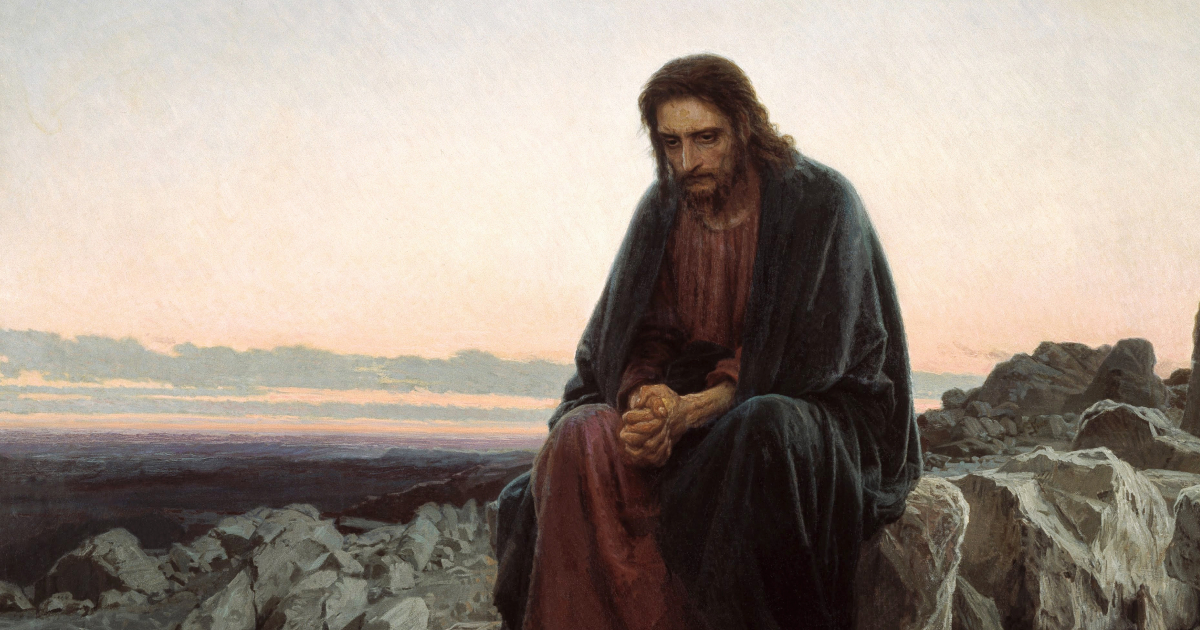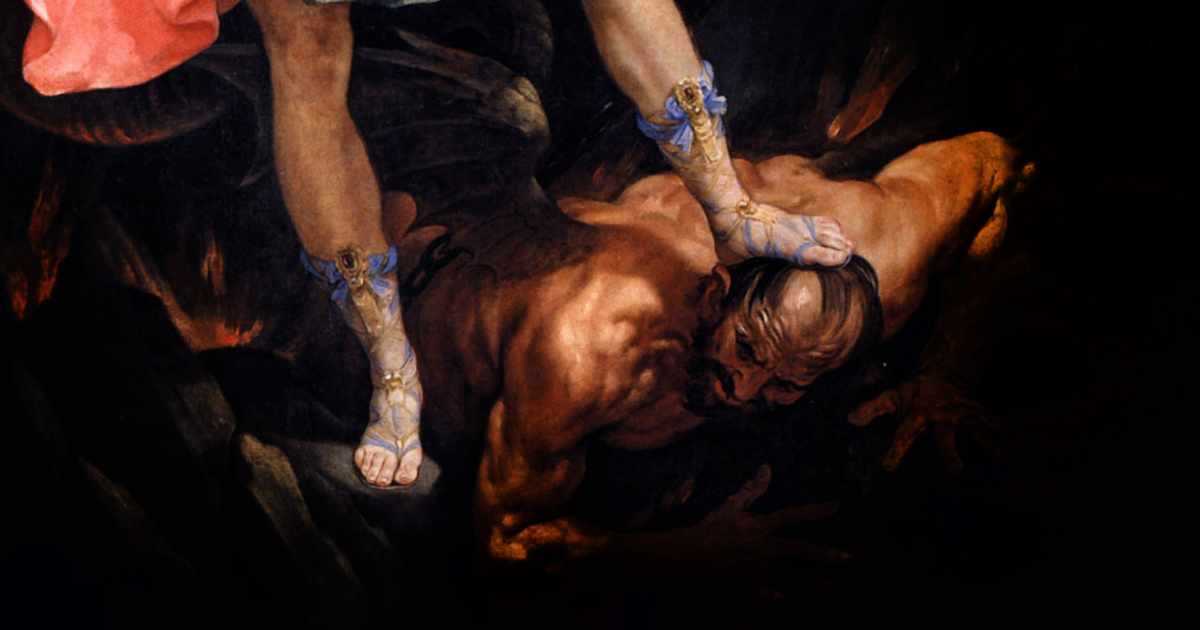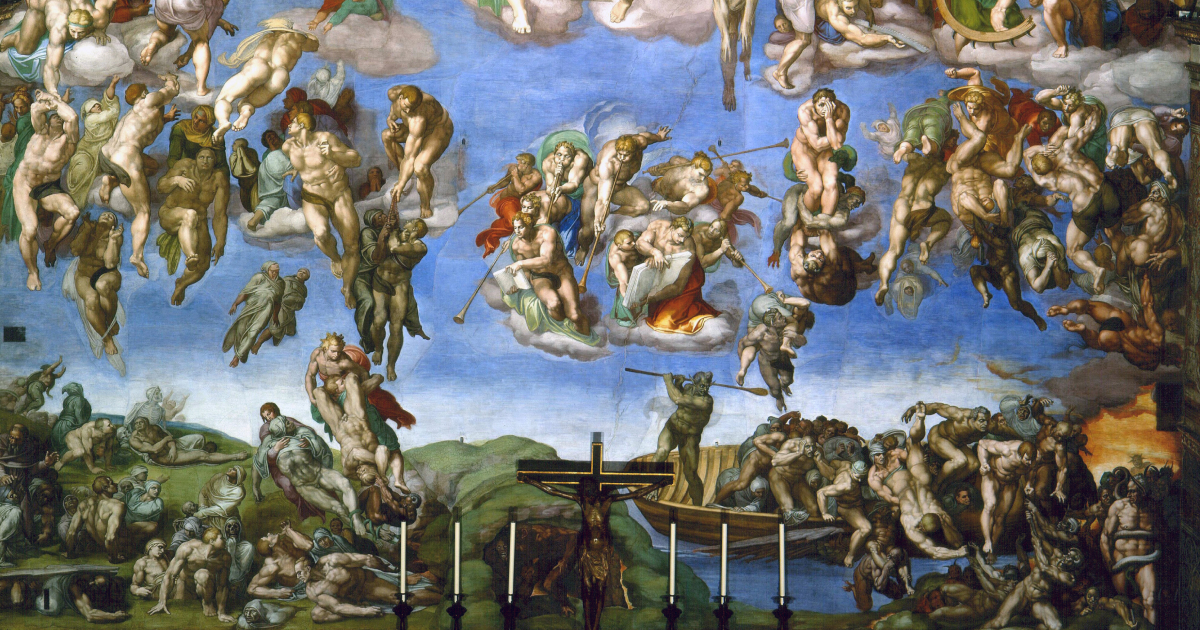An AI-generated avatar priest that was launched at the start of the week by a Catholic organisation appears to have been digitally defrocked following criticisms and concerns raised about the experiment in using emerging artificial intelligence technology to bolster the Catholic Faith.
The “Fr. Justin” interactive AI app was launched by Catholic Answers, a US-based media ministry focused on apologetics and evangelisation, to answer questions about the Catholic faith, using material from the Catholic Answers library of resources, such as articles, talks and apologetics materials.
“This innovative digital application employs the latest artificial intelligence technology to provide users with faithful and educational answers to questions about Catholicism,” Catholic Answerssaid in its launch announcement on X.
It explained that its goal with the "Father Justin" app is to “leverage the power” of AI “to create an engaging and informative experience for those exploring the Catholic faith".
As part of the character's backstory, "Fr Justin" has been ordained for 25 years and is incardinated in the Diocese of Assisi (the destination of the Catholic Herald's most recent pilgrimage).
Catholic Answers emphasised that the "Fr Justin" character “is not a substitute for human interaction with a priest, teacher, or spiritual advisor”, rather that “we believe it can be a valuable tool to help our users better understand and articulate the teachings of the Catholic faith”.
But the experiment quickly generated controversy. Concerns ranged from the priest avatar being inappropriate and misleading – if not a bit creepy – to the potential for heresy and the project relying on technology that is unreliable and controversial.
In an interview with ThePillar, the Catholic Answers Chief Operating Officer, Jon Sorensen, acknowledged there had been issues and that as a result the organisation is working to revise the AI experiment, adding that this will likely include dropping the priest character altogether.
"Looking at the comments that I have received, I think people are uncomfortable with it looking like and presenting like a priest, which is totally fine – we’re not wedded to the character," Sorensen says. "But the other part of it is that there seems to be a misunderstanding about how AI works, or a general fear about AI."
He emphasised that he believes AI can have a place in teaching the Catholic Faith, highlighting that AI is not going away and that whatever AI format his organisation eventually settles on it "would still be another good way for people to get answers".
Catholic Answer's experiment comes at the same time the CEO of Cisco Systems, the multinational digital communications conglomerate, signed the Vatican’s artificial intelligence ethics pledge on 24 April, becoming the latest technology giant to join the Church’s call for ethical and responsible use of AI, reportsCatholic World Report.
The Rome Call for AI Ethics, a document by the Pontifical Academy for Life, underlines the need for “algor-ethics", which, according to the text, is the ethical use of artificial intelligence according to the principles of transparency, inclusion, accountability, impartiality, reliability, security and privacy.
The call states there are three requirements for “technological advancement to align with true progress for the human race and respect for the planet”: it must be inclusive, have the good of humankind at its core, and care for the planet with a highly sustainable approach.
Pope Francis established the RenAIssance Foundation in April 2021 as a Vatican nonprofit foundation to support anthropological and ethical reflection of new technologies on human life.
The Pope also chose artificial intelligence as the theme of his 2024 peace message, which recommended that global leaders adopt an international treaty to regulate the development and use of AI.
As of writing, on the Catholic Answers website "Fr Justin" has become "Justin" and no longer wears a clerical collar, and is dressed in a smart shirt and jacket.
Photo: "Fr Justin", screenshot from Catholic Answers on X.
An AI-generated avatar priest that was launched at the start of the week by a Catholic organisation appears to have been digitally defrocked following criticisms and concerns raised about the experiment in using emerging artificial intelligence technology to bolster the Catholic Faith.
The “Fr. Justin” interactive AI app was launched by <em>Catholic Answers</em>, a US-based media ministry focused on apologetics and evangelisation, to answer questions about the Catholic faith, using material from the <em>Catholic Answers</em> library of resources, such as articles, talks and apologetics materials.
“This innovative digital application employs the latest artificial intelligence technology to provide users with faithful and educational answers to questions about Catholicism,” <em>Catholic Answers</em> <a href="https://x.com/catholiccom/status/1782829157245923598"><mark style="background-color:rgba(0, 0, 0, 0)" class="has-inline-color has-vivid-cyan-blue-color">said</mark></a> in its launch announcement on <em>X</em>.
It explained that its goal with the "Father Justin" app is to “leverage the power” of AI “to create an engaging and informative experience for those exploring the Catholic faith".<br><br>As part of the character's backstory, "Fr Justin" has been ordained for 25 years and is incardinated in the Diocese of Assisi (the destination of the <em>Catholic Herald</em>'s <a href="https://catholicherald.co.uk/a-journey-of-contrasts-leading-herald-pilgrims-along-the-way-of-st-francis/"><mark style="background-color:rgba(0, 0, 0, 0)" class="has-inline-color has-vivid-cyan-blue-color">most recent pilgrimage</mark></a>). <br><br><em>Catholic Answers </em><a href="https://x.com/catholiccom/status/1782831084008534131"><mark style="background-color:rgba(0, 0, 0, 0)" class="has-inline-color has-vivid-cyan-blue-color">emphasised</mark></a> that the "Fr Justin" character “is not a substitute for human interaction with a priest, teacher, or spiritual advisor”, rather that “we believe it can be a valuable tool to help our users better understand and articulate the teachings of the Catholic faith”.
But the experiment quickly generated controversy. Concerns ranged from the priest avatar being inappropriate and misleading – if not a bit creepy – to the potential for heresy and the project relying on technology that is unreliable and controversial.
In an <a href="https://www.pillarcatholic.com/p/i-just-have-to-take-my-lumps"><mark style="background-color:rgba(0, 0, 0, 0)" class="has-inline-color has-vivid-cyan-blue-color">interview</mark></a> with <em>The</em> <em>Pillar</em>, the <em>Catholic Answers </em>Chief Operating Officer, Jon Sorensen, acknowledged there had been issues and that as a result the organisation is working to revise the AI experiment, adding that this will likely include dropping the priest character altogether.<br><br>"Looking at the comments that I have received, I think people are uncomfortable with it looking like and presenting like a priest, which is totally fine – we’re not wedded to the character," Sorensen says. "But the other part of it is that there seems to be a misunderstanding about how AI works, or a general fear about AI."
He emphasised that he believes AI can have a place in teaching the Catholic Faith, highlighting that AI is not going away and that whatever AI format his organisation eventually settles on it "would still be another good way for people to get answers".
<em>Catholic Answer</em>'s experiment comes at the same time the CEO of Cisco Systems, the multinational digital communications conglomerate, signed the Vatican’s artificial intelligence ethics pledge on 24 April, becoming the latest technology giant to join the Church’s call for ethical and responsible use of AI, <a href="https://www.catholicworldreport.com/2024/04/24/cisco-ceo-meets-pope-francis-signs-ai-ethics-pledge-at-vatican/"><mark style="background-color:rgba(0, 0, 0, 0)" class="has-inline-color has-vivid-cyan-blue-color">reports</mark></a> <em>Catholic World Report</em>.
The <a href="https://www.romecall.org/" target="_blank" rel="noreferrer noopener"><mark style="background-color:rgba(0, 0, 0, 0)" class="has-inline-color has-vivid-cyan-blue-color">Rome Call for AI Ethics</mark></a>, a document by the Pontifical Academy for Life, underlines the need for “algor-ethics", which, according to the text, is the ethical use of artificial intelligence according to the principles of transparency, inclusion, accountability, impartiality, reliability, security and privacy.
The call states there are three requirements for “technological advancement to align with true progress for the human race and respect for the planet”: it must be inclusive, have the good of humankind at its core, and care for the planet with a highly sustainable approach.
Pope Francis established the RenAIssance Foundation in April 2021 as a Vatican nonprofit foundation to support anthropological and ethical reflection of new technologies on human life.
The Pope also chose artificial intelligence as the theme of his 2024 peace message, which recommended that global leaders adopt an international treaty to regulate the development and use of AI.<br><br>As of writing, on the<em> Catholic Answers </em>website "Fr Justin" has become "Justin" and no longer wears a clerical collar, and is dressed in a smart shirt and jacket. <br><br><em>Photo: "Fr Justin", screenshot from Catholic Answers on X. </em>










